More than a lakh people now have job prospects thanks to the booming date gurh manufacturing and company, which also supports a thriving local economy.
Many have benefited greatly from date juice extraction and its related industries, such as processing, since they have long relied on it to create their fortunes in the area.
Since many date juice collectors use this season as a means of income, sweet date juice is a natural and extremely delicate drink in the winter.
At the moment, the date juice collectors, referred to as "gachhis" in the community, are quite busy gathering date juice and processing molasses. The villagers claimed that date molasses is well-known in Charghat, Bagha, and Puthiya upazilas. Now that winter is bidding the current season farewell, the date-molasses trade is coming to an end.
The three upazilas' farmers produce molasses, which is shipped to several foreign nations, boosting the rural economy.
The amount of molasses commerce on hat days exceeds Taka 10 million, according to Suman Sarker, a wholesaler at Jhalmalia Hat in the same upazila.
According to him, blacksmiths are hard at work crafting razor-sharp, crescent-shaped machetes, which are used to scrape and clean the date tree's neck in order to extract juice. Potters are finding it difficult to create the large clay pots needed for boiling the juice to make molasses, which are subsequently sold in marketplaces across the nation by traders. Small earthen pots are used for gathering juice.
If everyone steps forward to plant the trees on fallow fields, Suman Sarker thought that the business will play a crucial part in altering the socio-economic state of the entire region.
According to Ramzan Ali, a date juice harvester in the Paba upazila village of Hatgodagari Kathalpara, he does not possess a date tree. He arranges for permission to harvest juice from 120 other people's plants each season for a fee of Taka 175.
Every day, Ali processed around 25 kg of molasses from the juice that was gathered. He uses the money he makes from the seasonal molasses business to pay his family's annual expenses.
Anwar Hossain, a trader who travels from Barisal to Bagha Bazar annually to buy molasses, reported that he paid Taka 60 per kilogram for 40 mounds of the product.
Retailer Mohsin Ali at the same market reported that he sold molasses last week for Taka 65 per kilogram, adding that as production rises, the retail price is currently declining.
He claimed that each year, the upazila's farmers ship molasses to the nation's capital and other locations.
He said, "If they can grow the business, they will make a ton of money and improve their socioeconomic situation."
In the district, there are over 0.8 million date trees that provide over 8,000 tons of molasses worth around Taka 600 million annually, according to Mozder Hossain, deputy director of the Department of Agricultural Extension (DAE).
Upazila Charghat has 0.39 million trees in total, upazila Bagha has 0.29 million, and upazila Puthiya has 85,000 trees.
Since date molasses is produced commercially, there are several additional date trees on homesteads, fallow areas, railroad tracks, and roadside locations.
Hossain, an agriculturalist, stated that the farmers gather the juice that has collected in the clay pot over the night. To manufacture thick slurry (Jhola gurh) or solid (Patali gurh), they boil the juice overnight to evaporate it.According to him, a single date tree might provide 20 to 25 kg of molasses for a farmer in a single season. It might be a highly successful company because the trees don't require any more maintenance.
He continued by saying that people, especially youngsters, need to regularly consume sugar or molasses with rice and other nutrient-dense meals in order to develop their worth.
End//voice7news.tv



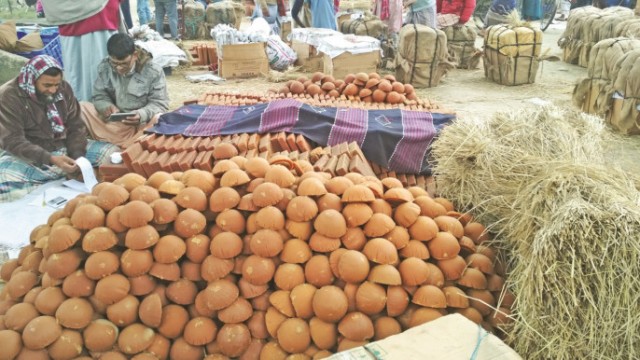
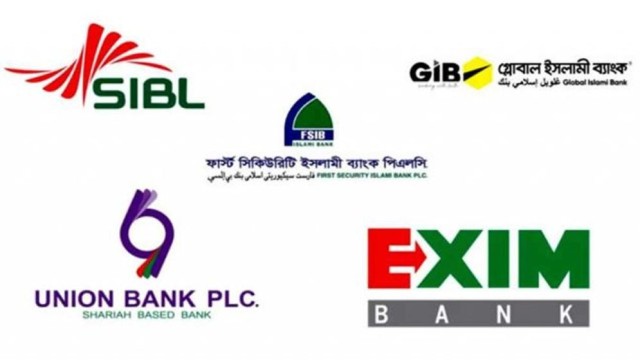




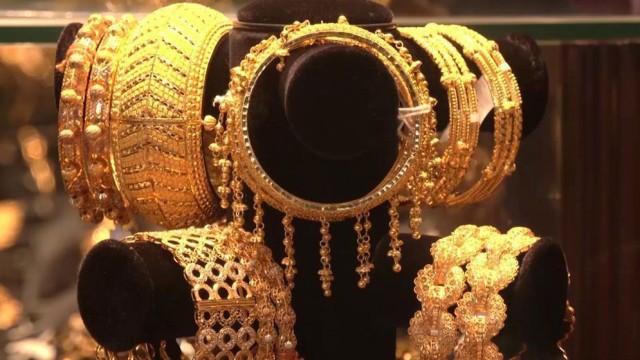

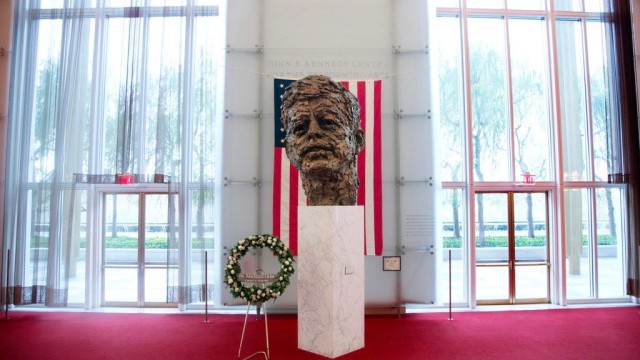


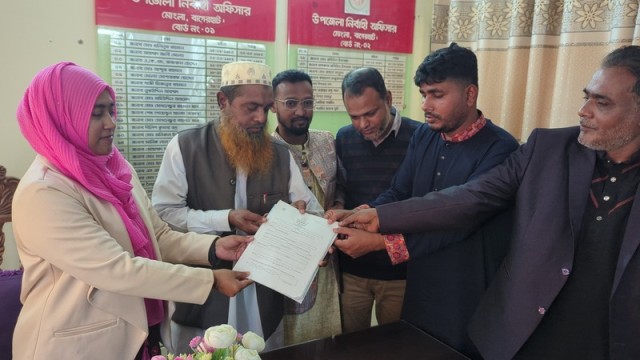



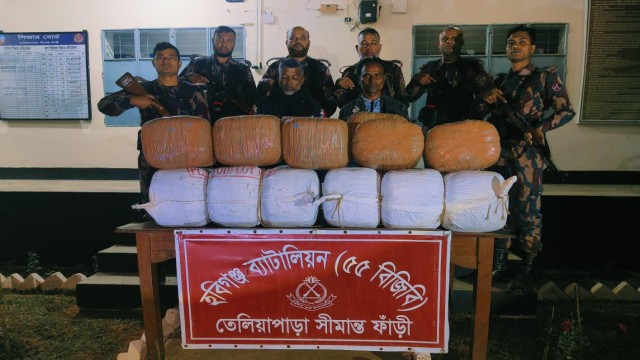











Comment: